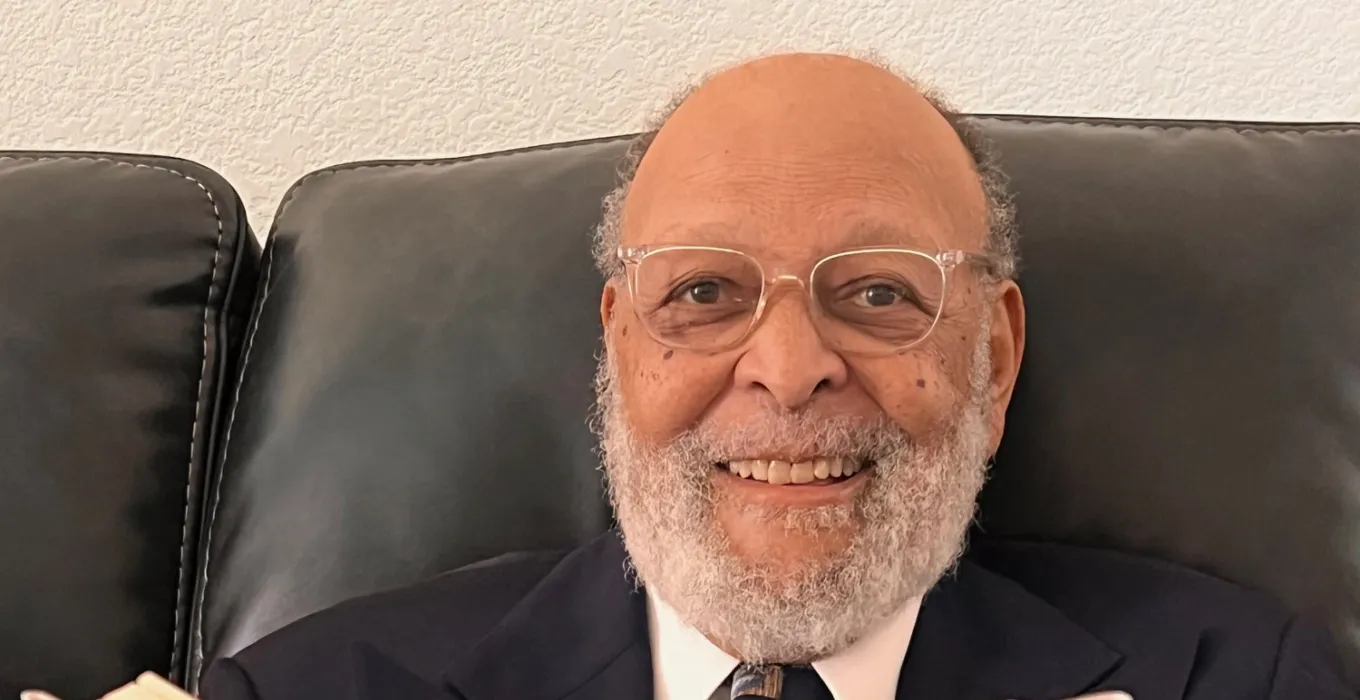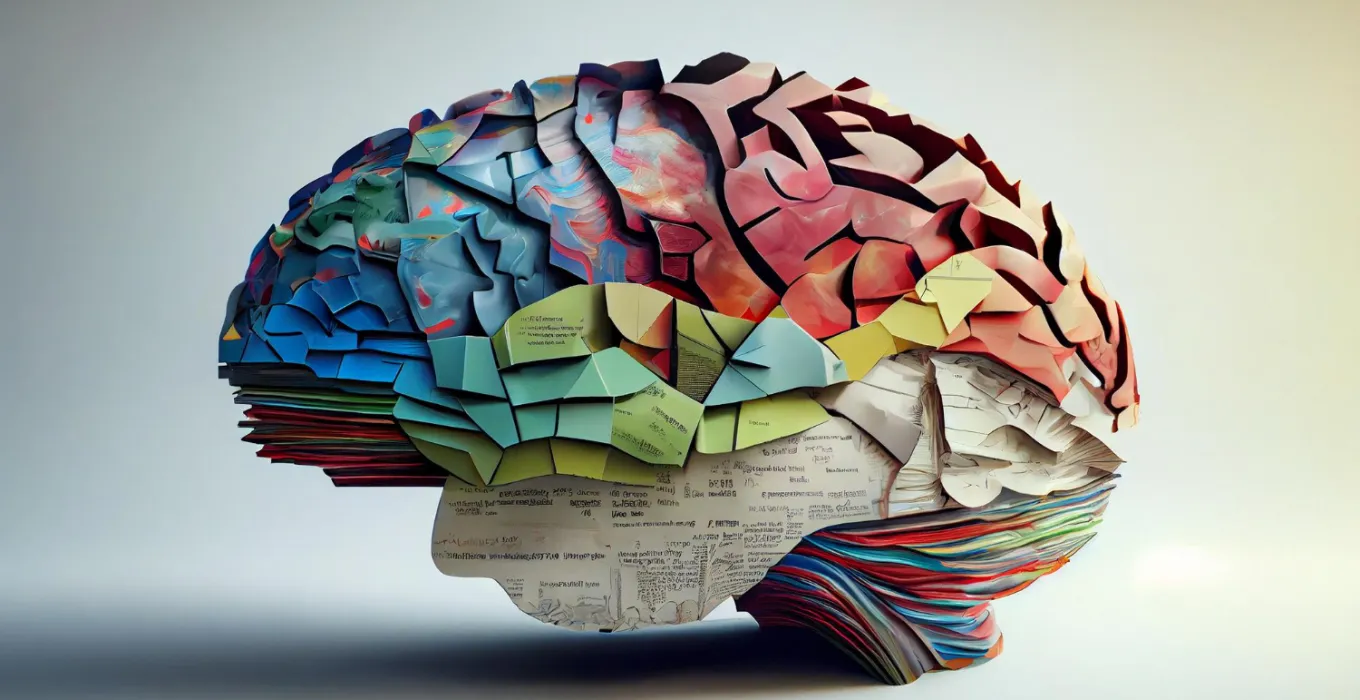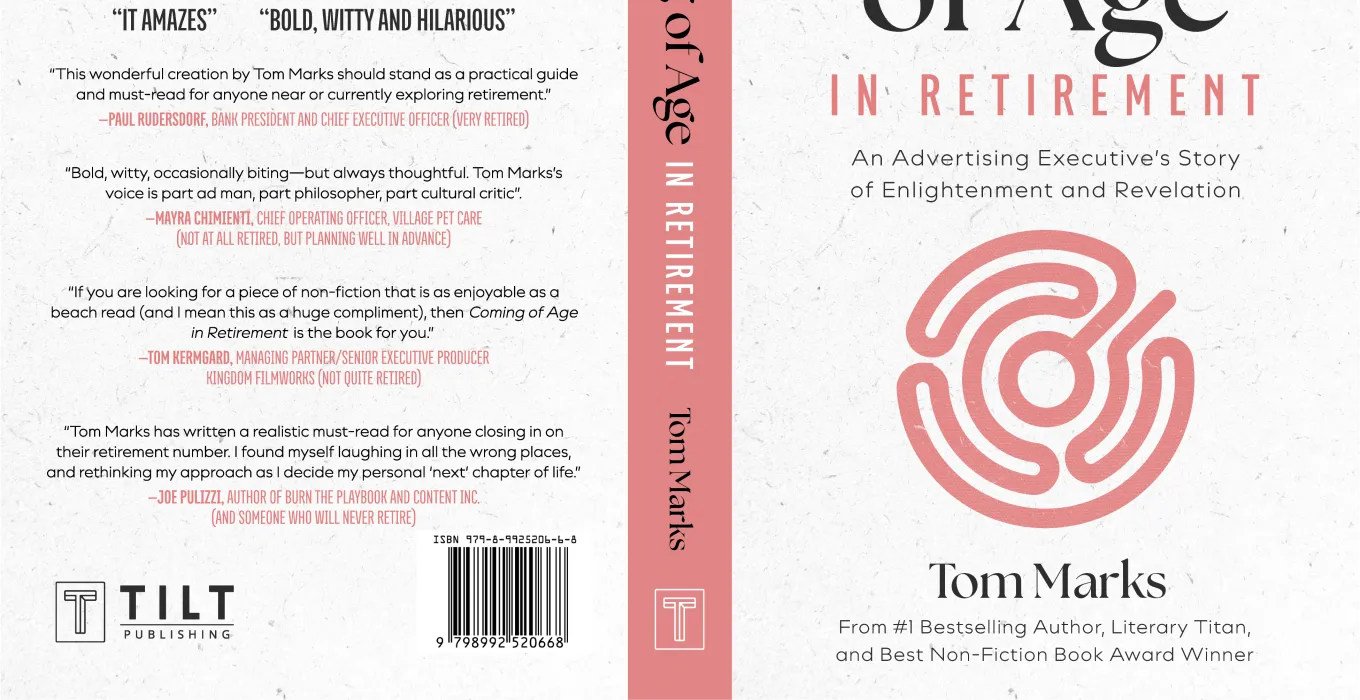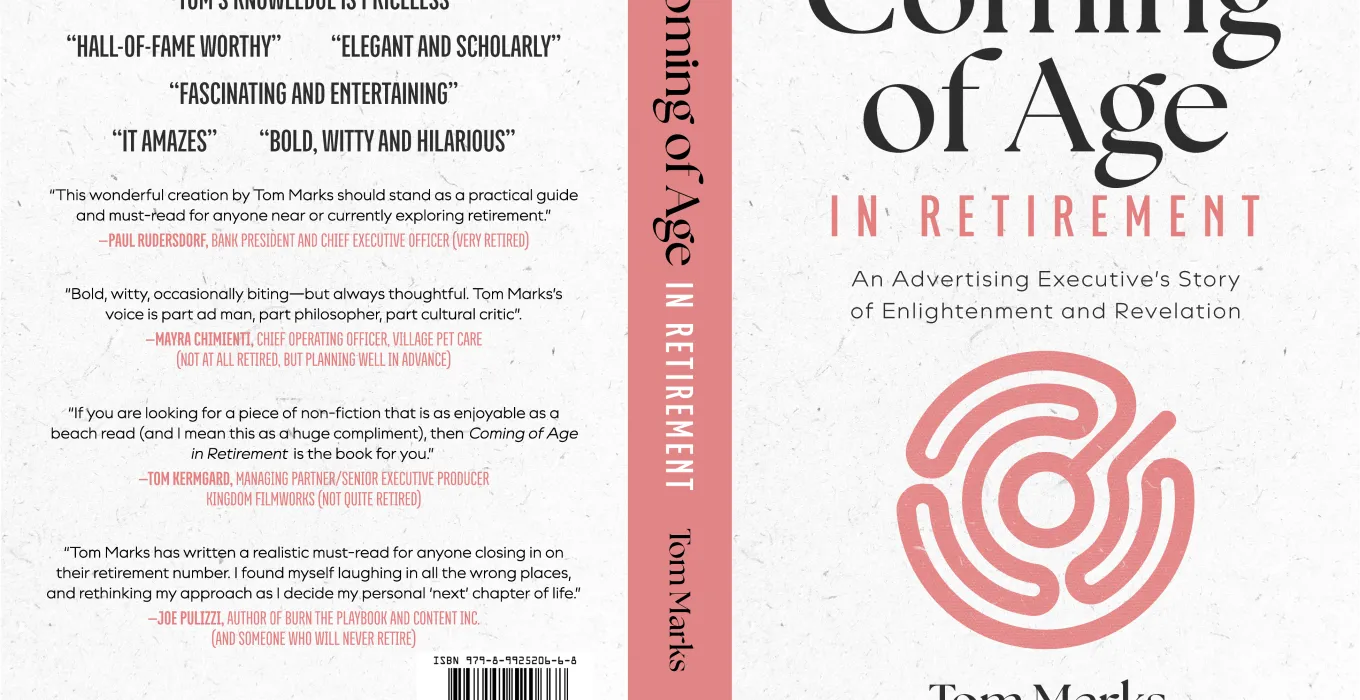Do ‘Morning People’ Have An Edge?
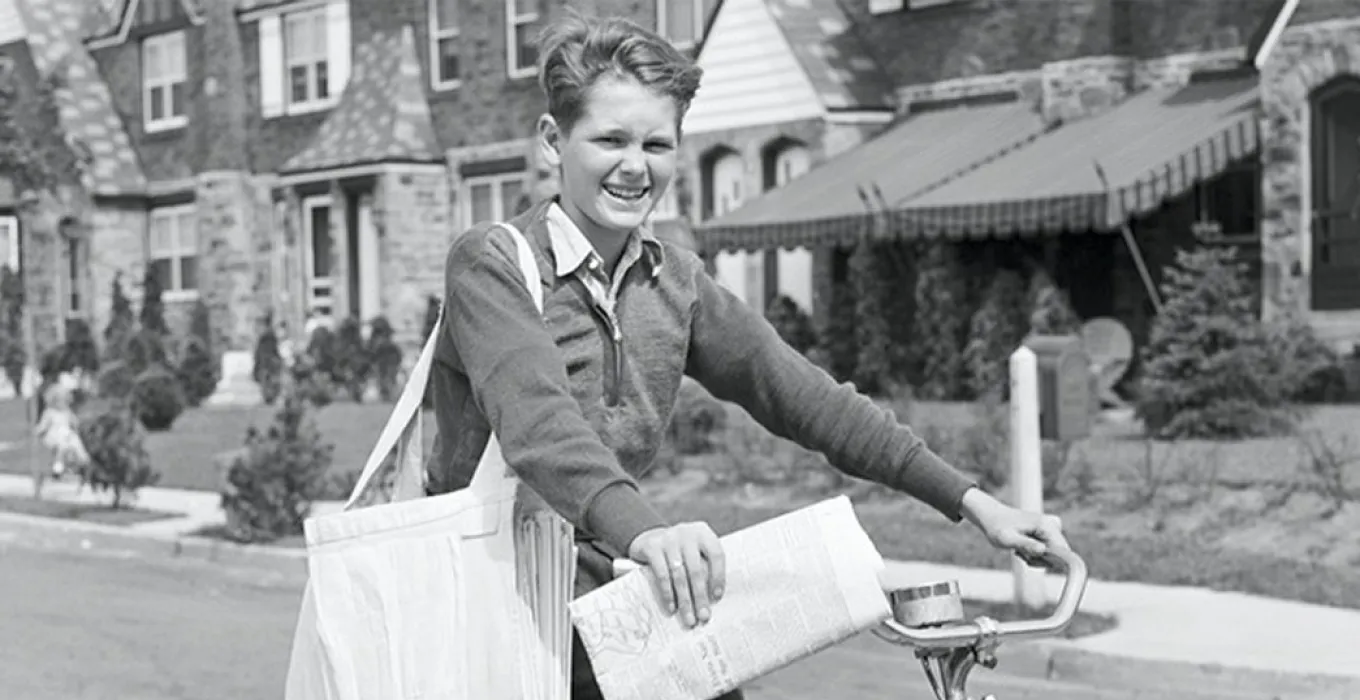
Many people have opinions about morning vs. night people. The first question is “How” and the second is “Why”. I’ll take them in reverse order.
When I was a kid in the summer of my youth, the first thing on my mind when I woke up was “Who is out there to play with”? I lived in a typical middle-class Milwaukee neighborhood. (Remember “middle class”? That already dates me.) Modest, mostly two-story houses with a park and a school nearby. Most families had at least a few kids and only one working parent.
I’d put on my clothes, climb down the stairs of the Cape Cod, and head out. I don’t recall seeing anyone in the house on the way out, so I must have been the first one up. The sun was not in my eyes and there were no shadows, so it must have still been on the eastern horizon. My quick scan of the neighborhood revealed no other living creatures. Even the dogs were still asleep and not barking. Reluctantly, I went back inside hoping that the test pattern was off the TV and at least I could catch the morning “Farm Report”. Cartoons didn’t come on until later. But my day was already planned. 1. Find Friends. 2. Play.
My first real job while in High School was delivering the morning paper – The Milwaukee Sentinel. My bedroom window thankfully overlooked the street where my stack of papers was dropped. At 3:45 in the AM. I was ready, and sometimes I even heard the “thud” of them hitting the concrete sidewalk. I was up and at ‘em. I don’t particularly remember being tired. But I still remember the route. Houses had screen doors back then, and I would tuck the papers securely but quietly inside that door. I don’t know if that increased my tips or not, but I wanted my customers not to have to step outside their house to get the morning news. When I got back home, I’d page through the paper in bed, throw it on the floor, and go back to sleep. I knew I hadn’t inadvertently slept through the night if there was a paper on the floor when I woke up for school.
Fast forward 30 years or so, as College doesn’t count in this analysis, and the training in my early years showed its traces on my brain. My job required writing complex quasi-legal pieces arguing the case for “socialism” of the kind that existed in the telecommunications industry. I had to argue the benefits of taking from the rich, in this case the Bell companies that served the large cities, and giving to the poor, the small companies that grew up in rural America, many of which were named “Farmer’s Mutual” or some such variation on “Farmers”. Many of these companies grew out of the telephone lines farmers strung so they could communicate with their neighbors. In other words, I had to come up with ways to justify “Universal Service”. But that’s another story for another time.
When I was under the gun to get something produced, I’d find myself sitting at the breakfast table staring into my laptop, much like I’m doing now. (Although now it’s already 7:24 and half the day is gone.) What I found consistently is that when I needed to produce something for work, the quickest and most efficient way was to get up at least by the time the Sentinel pack would be waiting outside my house, walk down the stairs, pull out the laptop, and give it a shot. What I found was that I was much more focused, coherent, verbose, and on track in that period of the day than I would have been at any later time. Compared to my pace at work after noon, I could get a week’s work done in three hours. So clearly you can see where I fall out in this argument. But can my case be generalized? Are “morning people” more productive than “night people”? Are they also better looking, more hip and just all around more pleasant?
Ben Franklin said: “Early to bed and early to rise makes a man healthy, wealthy, and wise”. However, a study done at the University of Sydney found that evening owls outperformed morning larks on almost every cognitive test. In fact, night owls did better on the cognitive tests than early birds, even when the assignments were undertaken in the morning hours, indicating that night types are more likely to have higher IQs. We can, however, disregard that study as it was done on the other side of the world, where things are, by their nature, inverted.
A study of male sexuality at the University of Education in Heidelberg Germany found that night types were found to "get busy” more often than morning larks. But it also found that guys that fell into the night owl category were also more likely to have relationships on the side, linking them much more closely to the possibility of infidelity. Ya win a few; ya lose a few!
A study by Major League Baseball found that early birds batted better during morning games and that night owls homered more often during night games. Another study found that morning types scored higher in the personality traits of cooperation and persistence, are more conscientious and agreeable, but had lower incomes than their late-rising counterparts. (Hmm. That seems to explain a lot about the business world.)
And a study done by the University of Toronto found that early birds tend to be more positive in general and that night owls struggle with higher levels of stress and anxiety. Nothing worse than an evening person waking up groggy and being greeted immediately by a chipper morning person who’s been up for hours drinking coffee and going full steam ahead. Just ask some of the people I’ve lived with.
But is it possible to proactively become a morning or evening person if you’re not. And will that change any of your characteristics? A Harvard study of people’s “chronotypes” (If you get nothing else out of this article, at least you have a new word you can throw around in conversation to impress your friends.) found that at least a fifth to a half of our chronotype is fixed at birth. Meaning it may be tough to change, even if you want to.
At the end of the day, my guess is that all of this is secondary to the quality of the sleep one gets. And since the point of this article was to put you to sleep, you’ll be a better person for having read it.

